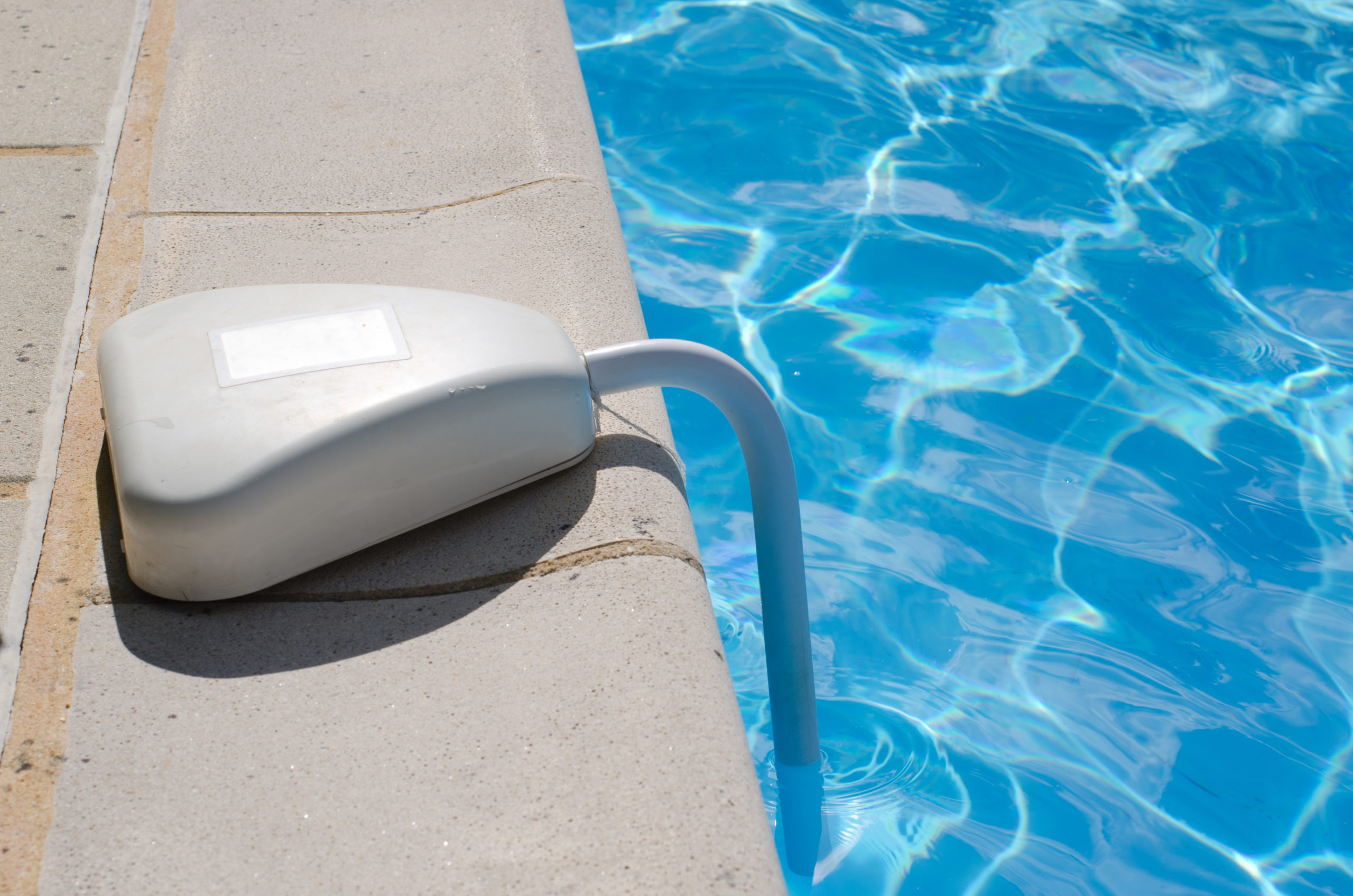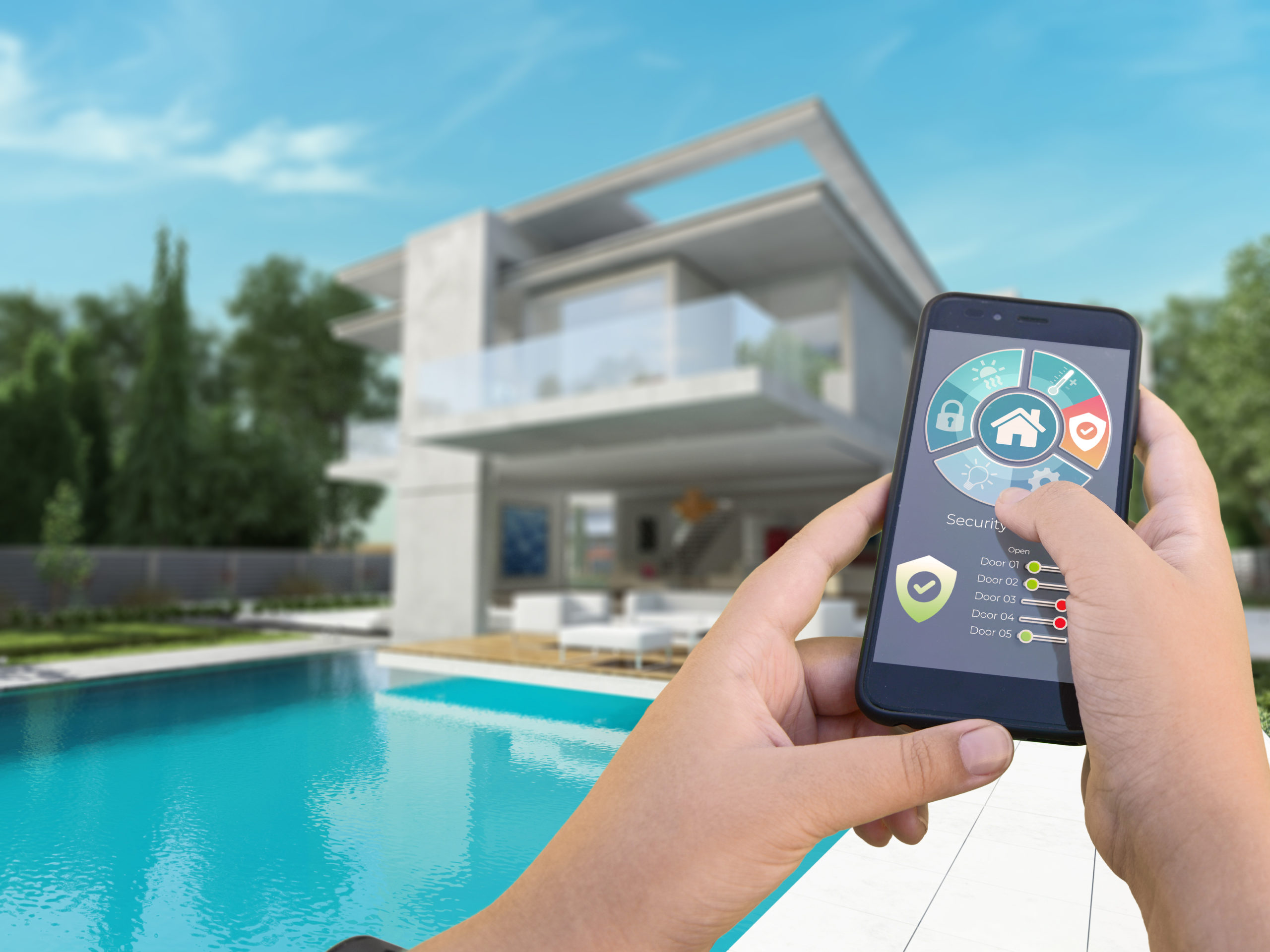You’re a pool owner, and safety’s your top priority. You’ve heard about pool alarms but aren’t sure what they offer.
This article will help you understand their functionality, significance for safety measures, and maintenance aspects.
We’ll also delve into different types, helping you choose what’s best for your needs.
Let’s demystify pool alarms together, ensuring you’re well-informed and ready to take action.
Understanding the Functionality of Pool Alarms
Let’s delve into how pool alarms work and why they’re crucial for both safety and maintenance. These devices are designed to detect any disturbances in your pool water, alerting you if someone or something enters unexpectedly. A critical part of this system is the alarm installation process which requires precision and attention to detail.
Properly installed, the alarm will have direct contact with the water surface, able to pick up on any significant changes. You’ll need to ensure it’s securely attached, usually at the pool’s edge or directly in the water depending on your chosen model.
Now, let’s talk about a factor often overlooked: alarm lifespan. Like all technology, pool alarms don’t last forever; their effectiveness can diminish over time due to wear and tear from weather conditions or constant use. Generally speaking, most models have a lifespan of around five years but this could vary based on usage and care.

The Significance of Pool Alarms for Safety Measures
It’s crucial to understand that these devices significantly reduce the risk of accidents by alerting you when someone enters the water. Pool alarms are an essential safety measure, playing a key role in preventing unforeseen incidents.
Now, let’s delve into Alarm Regulations and User Accessibility. The regulations governing pool alarms vary from region to region, but they commonly mandate the use of devices that meet specific technical standards for sound intensity and detection capabilities. It’s imperative that you’re aware of, and comply with, your local alarm regulations.
User accessibility is another vital aspect of pool alarm efficacy. The alarm should be easy to set up and operate for all users. Most top-tier models have user-friendly interfaces with clear indicators for battery life and functionality status. Some even offer remote alerts via smartphone apps or other digital platforms for enhanced accessibility.
Maintenance Aspects Related to Pool Alarms
You’ve got to pay attention to the upkeep of your swimming safety devices, as neglecting them could lead to a lapse in their functionality. Regular maintenance checks can ensure that the alarms in your pool are working optimally. Alarm durability is key as it directly influences the efficacy and longevity of these devices.
When it comes to alarm installation, you must be meticulous. It’s not just about placing an alarm device; proper alignment and positioning are critical for optimal functionality. Make sure they’re installed where they can instantly detect any irregularities or changes within the pool area.
Remember, extreme weather conditions could affect your alarm’s performance over time. Thus, always check for any visible signs of wear and tear and replace parts promptly if needed.
Finally, don’t forget about battery life – a simple aspect that’s easily overlooked but vitally important. Replace batteries regularly according to manufacturer guidelines to prevent malfunctions or false readings.
Different Types of Pool Alarms and Their Features
Diving into the world of aquatic security devices, there’s a variety of types and features that you should consider for your swimming area. It’s crucial to understand what each type offers in terms of safety, functionality, and alarm costs.
Surface wave detectors are an option worth considering. They monitor your pool’s surface for any disruption, triggering an alarm if detected; perfect for preventing unsupervised access. However, they can be sensitive to wind or rain which might lead to false alarms.
Subsurface alarms are less prone to such issues as they detect disturbances below water level. Their advanced technology often comes with higher alarm costs but provides more accurate readings.
Gate alarms provide another layer of protection by alerting you when someone opens the gate leading to your pool area. They’re generally easy for DIY alarm installation and won’t break the bank.
Lastly, consider wearable alarms designed for children or pets. These devices will sound an alert when immersed in water – a proactive approach ensuring immediate response before the potential risk escalates.
Tips for Choosing the Right Pool Alarm for Your Needs
When selecting the right aquatic security device, there are several factors you’ll need to consider. These include ease of installation, reliability, cost, and the specific features that cater to your particular needs. Alarm pricing can vary greatly depending on these factors. Some alarm systems come cheap but may lack in certain areas like reliability or feature set, while others might be robust and feature-rich but carry a premium price tag.
Understanding the installation process is key to determining which alarm system is right for you. Some alarms require professional installation, which can add additional costs, while others are designed for easy DIY setup.
Consider also the ongoing maintenance of your chosen alarm system. Some may require frequent battery replacements or routine checks, which could incur further expenses over time.
Finally, always bear in mind your specific needs and circumstances when choosing an alarm system. Not all alarms are created equal. If you have young children or pets who love to play near water, invest in a high-quality pool alarm with advanced safety features.

Frequently Asked Questions
What Is the Average Cost of Installing a Pool Alarm System?
You’re looking at an average cost of around $100-$300 for a pool alarm system. Factors like alarm options and installation challenges can impact the final price, so it’s important to do your research.
Can Pool Alarms Be Integrated With Other Home Security Systems?
Absolutely, you can integrate pool alarms with other home security systems. They’ve wireless connectivity that enables synchronization. However, ensure the alarm sensitivity is well-calibrated for optimal safety and maintenance of your entire system.
Are There Any Specific Laws or Regulations Related to the Installation of Pool Alarms?
Yes, alarm legislation and pool standards vary by location. It’s crucial you check local laws regarding pool alarms, as many regions mandate them for safety reasons. Compliance ensures your pool’s security and legality.
How Often Do Pool Alarms Need to Be Replaced or Upgraded?
You’ll need to check your pool alarm’s reliability and battery lifespan regularly. Typically, it’s best to replace or upgrade every few years for optimum safety. Always consult with the manufacturer for specific recommendations.
Can Pool Alarms Withstand Extreme Weather Conditions?
Yes, pool alarms are designed for outdoor use, so they’re built to withstand extreme weather. However, alarm durability can be impacted over time. It’s crucial you regularly check your alarm’s functionality after severe conditions.
